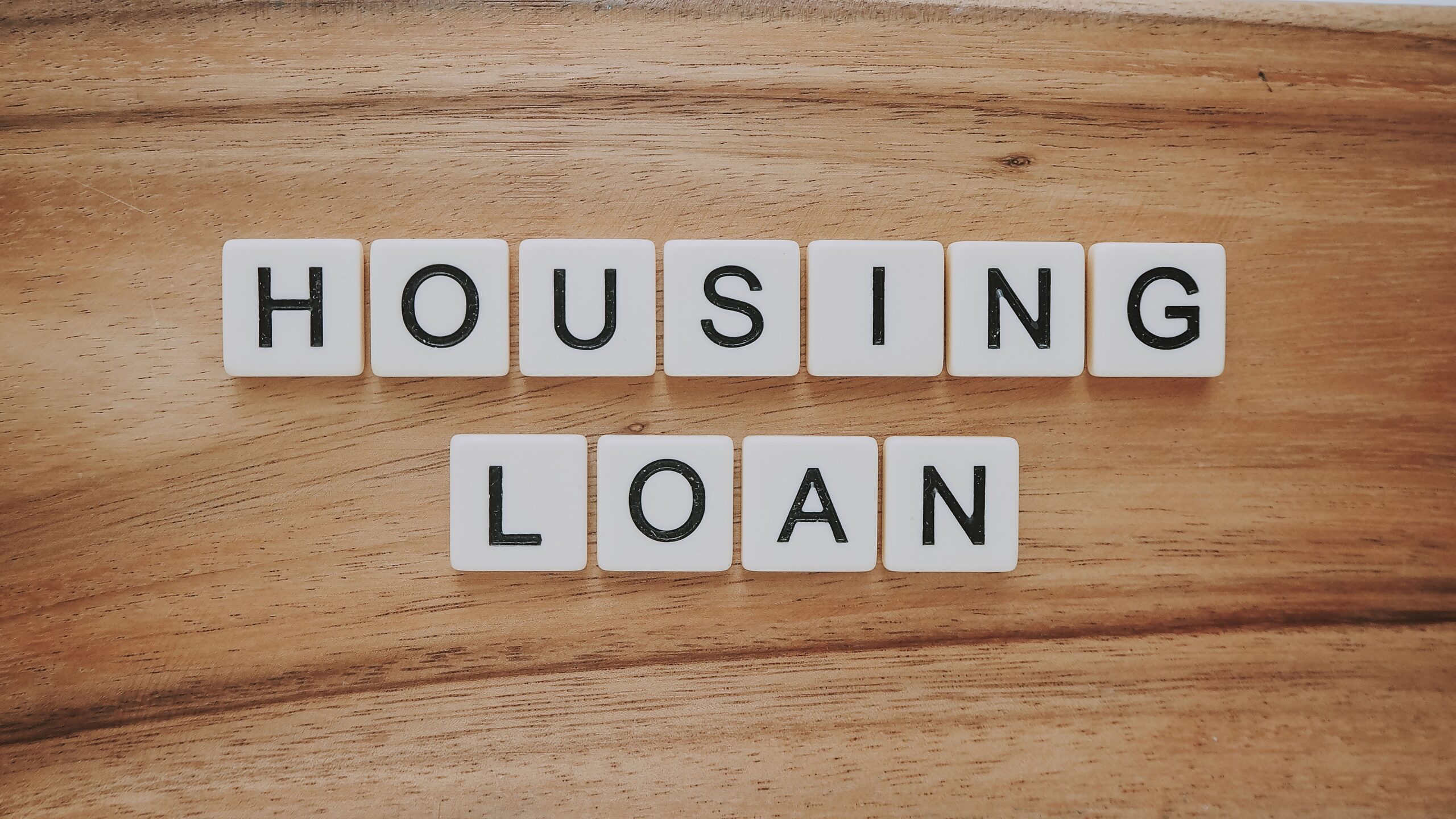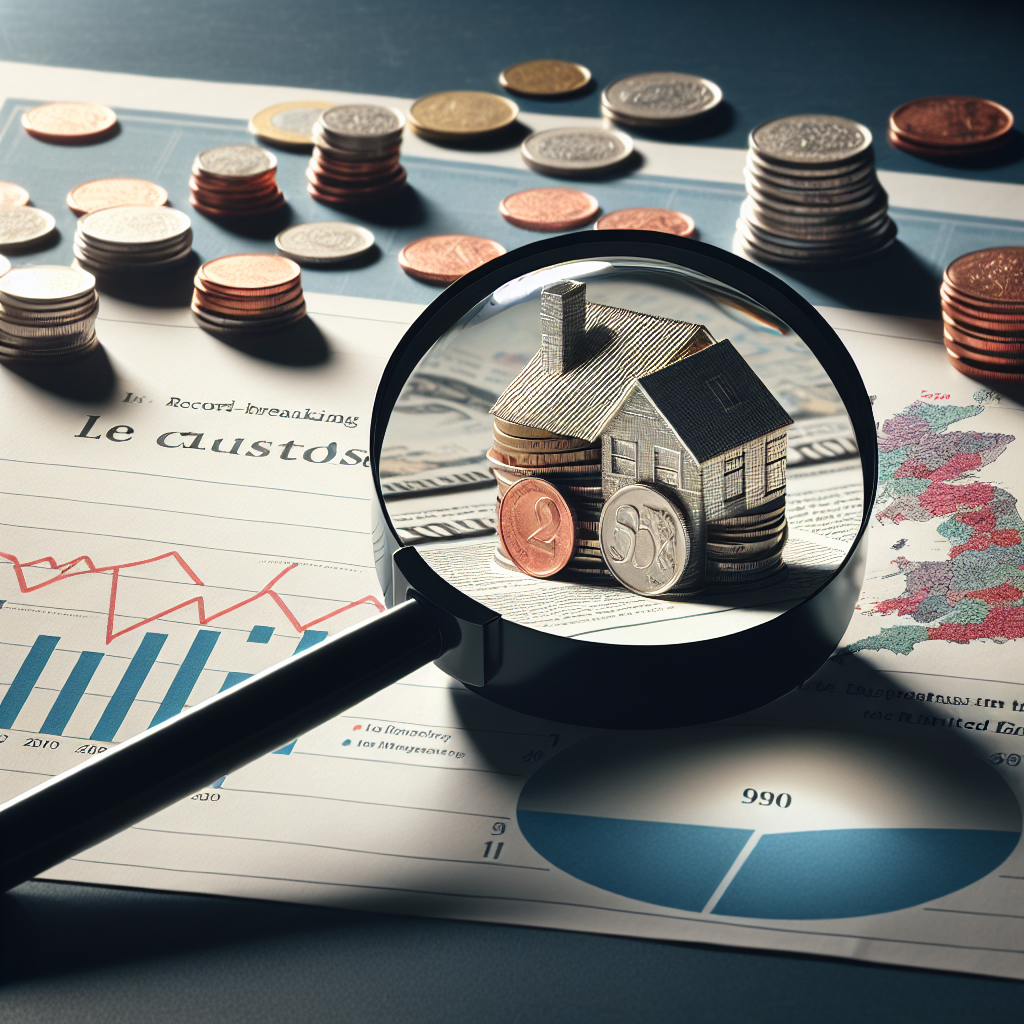Imagine purchasing your dream home but having to pay an astronomically high mortgage rate. As a prospective homeowner, it’s essential to be aware of historical mortgage rates to make informed decisions. In this article, we will explore the highest mortgage rate ever recorded in the UK, shedding light on the financial landscape and providing valuable insights for those looking to invest in property.
1. Historical Overview
1.1 Early Mortgages in the UK
Mortgages have a long history in the United Kingdom, dating back to ancient times. In the 18th century, mortgages were primarily used by the wealthy elite to purchase large estates and properties. These early mortgages were often structured as interest-only loans, with the principal amount being repaid in full at the end of the term. The interest rates on these mortgages were typically negotiated between the borrower and the lender, and there was no standardized rate.
1.2 Evolution of Mortgage Rates
The concept of mortgage rates as we know them today began to emerge in the early 20th century. The introduction of the Building Societies Act in 1874 paved the way for the establishment of mutual building societies, which provided loans for individuals to purchase homes. These building societies began to offer mortgages at fixed interest rates, providing borrowers with more stability and predictability.
Over the years, mortgage rates in the UK have seen significant fluctuations. In the early 1980s, mortgage rates reached unprecedented levels due to high inflation and a tight monetary policy. During this period, interest rates soared to as high as 17%, making homeownership incredibly expensive for many.

2. Factors Influencing Mortgage Rates
2.1 Bank of England’s Monetary Policy
One of the primary factors influencing mortgage rates in the UK is the monetary policy set by the Bank of England (BoE). The BoE is responsible for setting the base interest rate, which serves as a benchmark for mortgage lenders. When the BoE increases the base rate, mortgage rates tend to rise, making borrowing more expensive for homeowners. Conversely, when the base rate is lowered, mortgage rates often follow suit, providing borrowers with more affordable options.
2.2 Economic Conditions
The overall economic conditions in the UK play a crucial role in shaping mortgage rates. During periods of economic growth and stability, mortgage rates tend to be lower as lenders have more confidence in the borrowers’ ability to repay the loans. Conversely, during economic downturns or periods of uncertainty, lenders may increase mortgage rates to mitigate the potential risks associated with lending.
2.3 Inflation Rate
Inflation also has a significant impact on mortgage rates in the UK. When inflation is high, lenders may raise mortgage rates to preserve the value of the money they lend. This is because inflation erodes the purchasing power of money over time, and lenders need to account for this in the interest rates they charge. Conversely, during periods of low inflation, mortgage rates may be lower as lenders do not need to compensate for the effects of inflation.
2.4 Property Market Trends
The state of the property market in the UK can influence mortgage rates as well. When demand for homes is high and property prices are rising rapidly, lenders may increase mortgage rates to manage the risk associated with financing expensive properties. On the other hand, when the property market is sluggish or prices are stagnant, lenders may lower rates to attract borrowers and stimulate activity in the housing market.
2.5 Global Economic Factors
Mortgage rates in the UK are also influenced by global economic factors. Events such as changes in global interest rates, geopolitical tensions, and financial market instability can impact the cost of borrowing for lenders. Moreover, international investors play a significant role in funding UK mortgages, and their perception of the UK’s economic stability can affect the rates they are willing to lend at.

3. Highest Mortgage Rates in UK History
3.1 Mortgage Rate Peaks in the Past
The UK has experienced several periods of high mortgage rates throughout its history. One notable period was during the early 1980s when mortgage rates skyrocketed due to high inflation and the BoE’s tight monetary policy. In 1981, mortgage rates peaked at an astonishing 17%, making it extremely challenging for homeowners to afford their mortgage payments.
Another significant period of high mortgage rates occurred during the global financial crisis of 2008. As the crisis unfolded and financial markets froze, lenders became reluctant to lend, resulting in a spike in mortgage rates. Although the rates did not reach the levels seen in the 1980s, they still climbed considerably, causing financial difficulties for many borrowers.
3.2 Significant Events Influencing Rates
Several events have had a direct impact on mortgage rates in the UK. For instance, the UK’s decision to leave the European Union, commonly known as Brexit, caused significant uncertainty and volatility in the financial markets. As a result, lenders increased mortgage rates to compensate for the elevated risks associated with the economic implications of Brexit.
In addition, global economic events such as the international financial crisis of 2008 and the recent COVID-19 pandemic have led to fluctuations in mortgage rates. These events have created economic instability and uncertainty, prompting lenders to adjust their rates to manage risk and protect their interests.

4. Impact of High Mortgage Rates
4.1 Affordability and Homeownership
High mortgage rates can have a significant impact on the affordability of homeownership. When rates are excessively high, potential homebuyers may find it difficult to qualify for a mortgage or afford the monthly payments. This can lead to decreased homeownership rates and increased demand for rental properties, driving up rental prices.
4.2 Economic Consequences
The consequences of high mortgage rates extend beyond individual borrowers. When mortgage rates are high, consumer spending tends to decline as homeowners have less disposable income. This reduction in spending can have a negative impact on the overall economy, leading to reduced economic growth and potentially higher unemployment rates.
Additionally, high mortgage rates can hinder the housing market’s stability and growth. Home sales may decline, property values may decrease, and construction activity may slow down, affecting various sectors of the economy such as construction, real estate, and financial services.
4.3 Market Dynamics
High mortgage rates can also influence market dynamics and buyer behavior. When rates are high, potential homebuyers may delay their purchasing decisions, waiting for rates to decrease before committing to a mortgage. This can create a slowdown in the housing market and lead to decreased demand for properties.
Similarly, existing homeowners may be less willing to sell their properties and enter the market as potential buyers. This can create a shortage of available properties for sale and contribute to increased competition among buyers, potentially driving up property prices in the long run.

5. Current Mortgage Rate Environment
5.1 Recent Trends and Rate Levels
In recent years, mortgage rates in the UK have been relatively low compared to historical highs. This is due, in part, to the prolonged period of low interest rates set by the BoE following the global financial crisis. These low rates have made borrowing more affordable for homeowners, stimulating the housing market and encouraging homeownership.
In response to the COVID-19 pandemic, the BoE further reduced its base rate to historic lows in an effort to support the economy. This has resulted in even lower mortgage rates, incentivizing borrowers to take advantage of favorable lending conditions.
5.2 Future Predictions and Forecasts
Predicting future mortgage rates is a challenging task, as they are influenced by a multitude of factors, many of which are subject to change. However, experts suggest that mortgage rates in the UK may gradually increase in the coming years as the economy recovers from the impact of the pandemic.
Factors such as inflation, changes in the BoE’s monetary policy, and global economic conditions will continue to shape future mortgage rate trends. It is important for potential homebuyers and homeowners to stay informed and seek professional advice when considering a mortgage, as rates can impact their financial stability and affordability.

6. Managing High Mortgage Rates
6.1 Strategies for Borrowers
When faced with high mortgage rates, borrowers have several strategies to manage their financial obligations. One option is to consider refinancing their mortgage. By refinancing, homeowners can potentially secure a lower interest rate, reducing their monthly payments and overall cost of borrowing.
Another strategy is to explore different mortgage products. Fixed-rate mortgages provide stability by locking in the interest rate for a set period, protecting borrowers from future rate increases. Adjustable-rate mortgages, on the other hand, may offer lower initial rates but are subject to change over time.
Homeowners can also consider making additional principal payments whenever possible. By reducing the principal balance of the mortgage, borrowers can save on interest charges and shorten the overall loan term.
6.2 Policy Interventions
In times of extreme economic distress or high mortgage rates, policymakers may intervene to support borrowers and stabilize the housing market. These interventions can include measures such as implementing government-backed loan programs, providing financial assistance to struggling homeowners, or introducing regulatory policies to promote affordability and accessibility to credit.
Government intervention can help alleviate the burden of high mortgage rates on borrowers and provide stability to the housing market. However, it is essential to strike a balance between assisting borrowers and maintaining financial prudence to avoid potential risks and adverse long-term consequences.
In conclusion, mortgage rates in the UK have experienced significant fluctuations throughout history, with periods of high rates having wide-ranging impacts on affordability, economic conditions, and market dynamics. Understanding the factors influencing mortgage rates is crucial for borrowers and policymakers in managing their financial decisions and navigating the ever-changing mortgage rate environment. By staying informed and utilizing appropriate strategies, borrowers can effectively manage their mortgages, even in times of high rates, and work towards their homeownership goals.

